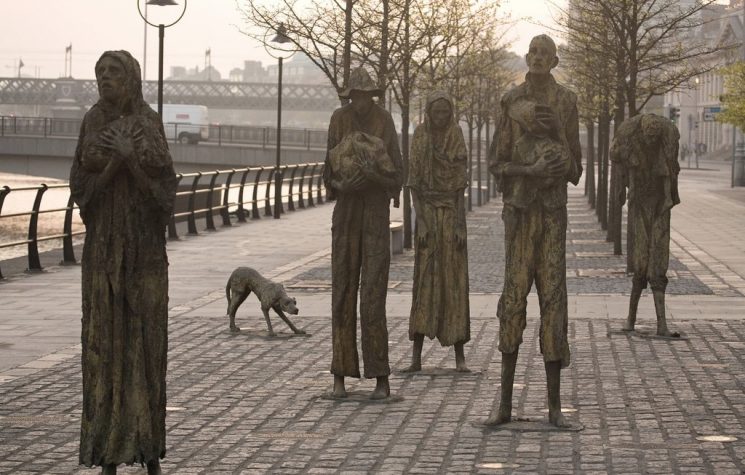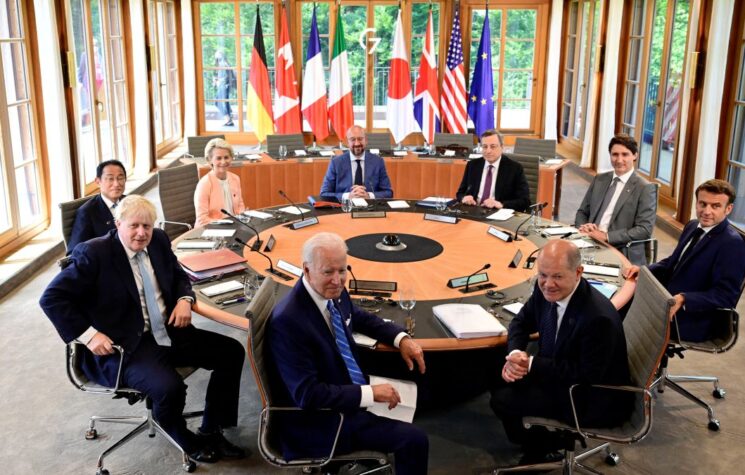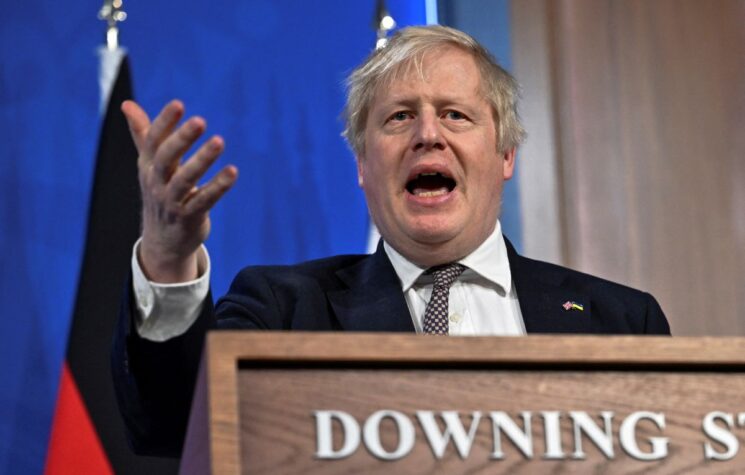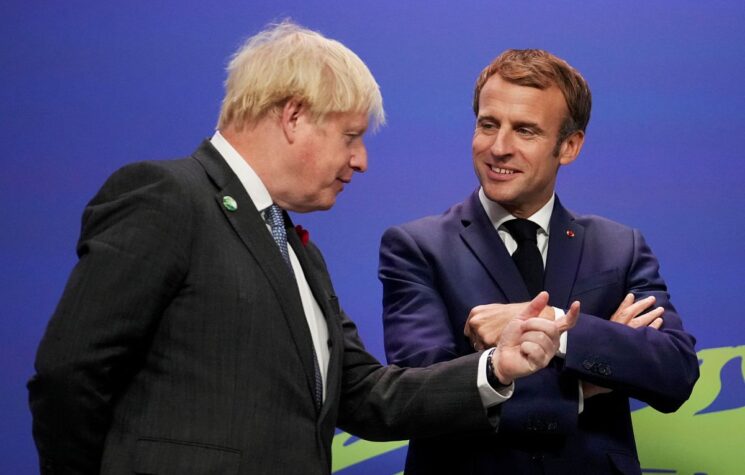Dominic Cummings has gone from the British government after an epic year and a half, that deserve to be remembered, though not for the reasons he would like.
The Master Hypnotist behind Boris Johnson’s bumbling bumptious rise to power and his catastrophic performance as prime minister self-destructed after running the British economy into the ground, criminally, isolating his country from its traditional allies in the Untied States and Western Europe and failing to have the wit to realize that it would have paid well to have at least treated Russia and China with courtesy.
To quote Isaac Asimov’s character Salvor Hardin in his classic science fiction novel “Foundation”, “Such folly smacks of genius. A lesser mind would be incapable of it.”
Cummings deserves to be studied for many reasons – most of them bleak – but even one or two positive. Superficially, he promised exactly the kind of fresh wind the moribund world of British policymaking – which has not entertained a single new worthwhile idea since Margaret Thatcher force-fed them hers 40 years ago -desperately needed.
Many of Cummings’ ideas looked at in the abstract and pure isolation – which is the only way most intellectually pretentious pundits “see” (or, of course, really fail to see) anything -appeared at first welcome and even admirable.
He loathed the European Union and its anti-democratic power center in Brussels. He wanted to re-empower British popular democracy and like Donald Trump in the United States had a populist and genuinely moral vision that governments should serve their own peoples, and not some abstract liberal nostrum of vague sentiments and “profound” notions like “:open borders.” freedom of immigration and 100 percent free trade.
He rightly recognized and agreed with – as do I – Dostoyevsky’s warning about the hellish consequences inflicted on the world by the tyranny of advanced, progressive notions.
He was a graduate of Exeter College at Oxford University, as wise and nurturing a school for personal character, good sense and the humanities as anyone could wish for (I took my first degree there too). So where and why did it all go wrong?
Add to this an instinctive, fiery impassioned tactical political intellect of genius. For everything else that later went – predictably – catastrophically wrong – remember what this man achieved.
– In 2016 he masterminded an upstart campaign that – through endless groundless assertions and outright lies – convinced a majority of the British people to leave the European Union.
– Three years later, he drove the ascension of Boris Johnson to the premiership of the United Kingdom – a man who lacked the stability, discipline, restraint, common sense, good judgment, work habits and character to ever do the job.
– On top of that, Cummings then masterminded a brilliantly successful general election campaign for a political party that had previously ruled for nine years and wrecked everything it had ever touched.
Those not insignificant achievements, however, also explain the endless failures that followed them.
For Cummings, fittingly, is a character out of his revered Dostoyevsky himself. He is Rodion Rodionovich Raskolnikov in “Crime and Punishment.” Except Cummings disdained murdering an old woman moneylender and her sister and who wrecked a society of 65 million people instead
Cummings loves Dostoyevsky, but it clearly never occurred to him to apply the examples of any of the master novelist’s characters to himself.
Like Raskolnikov, Cummings was always a pathological loner consumed by his own intellectual arrogance, and filled with delusions of ecstatic grandeur. (Dostoyevsky knew all about that kind of thing first hand: He was prone to bouts of extreme spiritual exultation and mania, usually just before the onslaught of another terrifying, and debilitating epileptic attack.)
But Cummings had the exultation fulltime without any of the horrific convulsions that repeatedly reminded Dostoyevsky he was but mortal and needed the repeated renewal of humility besotted by the Grace of God.
Cummings had megalomaniac fantasies. He really imagined he could – and should – transform the British government apparatus – historically for half a millennium one of the most powerful, resilient, adaptive and smoothly running bureaucracies in human history – according to his own, ill-assimilated mass of confusing, eagerly swallowed but ineptly understood and applied crackpot ideas.
Cummings read a lot of truly great minds and took some valuable ideas from them, like late US Air Force strategist Colonel John Boyd’s conception of the OODA (Observation-Orientation-Decision-Action) Loop. But taking decisive action is only valuable if you actually use the capability to implement wise and effective policies. Cummings, like his bumbling master the prime minister of Britain, was incapable of getting that far.
But Cummings had never worked happily or smoothly in any organization at all and treated virtually every human being who had to work in lesser positions he despised like dirt.
He lacked any sense of treating other people with personal dignity. As a manager of human beings he was a pathetic joke – and an inept menace.
His conceptions of lines of command and control in government or any business organization were theoretical, romantic, worthless, irrelevant and ridiculous – just like the dreaming revolutionary students in Russia’s 1860s who unleashed so much revolutionary idealism and horrors on the world.
One does not need any conspiracy theory to explain the Rise – and Fall – of Dominic Cummings. I have seen his kind come and go without number in Imperial Washington over the past third of a century. His narcissistic faith in his own genius drove his remorseless rise and made certain his equally inevitable fall. At the end of the day he should certainly be remembered – as a Wile E. Coyote clown who accelerated the destruction and disintegration of his own country.
Dan Flores, in his book “Coyote America” recognizes that Wile E. is convinced of his own genius and is obsessed with mail-order technology and gimmicks – a perfect description of Cummings.
Of course, the metaphor – and the lessons – apply on a far wider canvas too. As Austin Gilkeson wrote in his article “The Mythic Endurance of Wile E. Coyote” on the Vultur web site in November 2019.
“It’s sadly a more relevant metaphor than Flores intends. A plucky, ravenous predator high on his supposed intelligence whose technological schemes always blow up in his face is a pretty good description of the US right now, too.”
That isn’t going to change: And Britain isn’t going to wonderfully rebound from Cummings Wile E Coyote visions or his Raskolnikov nihilism either.





























